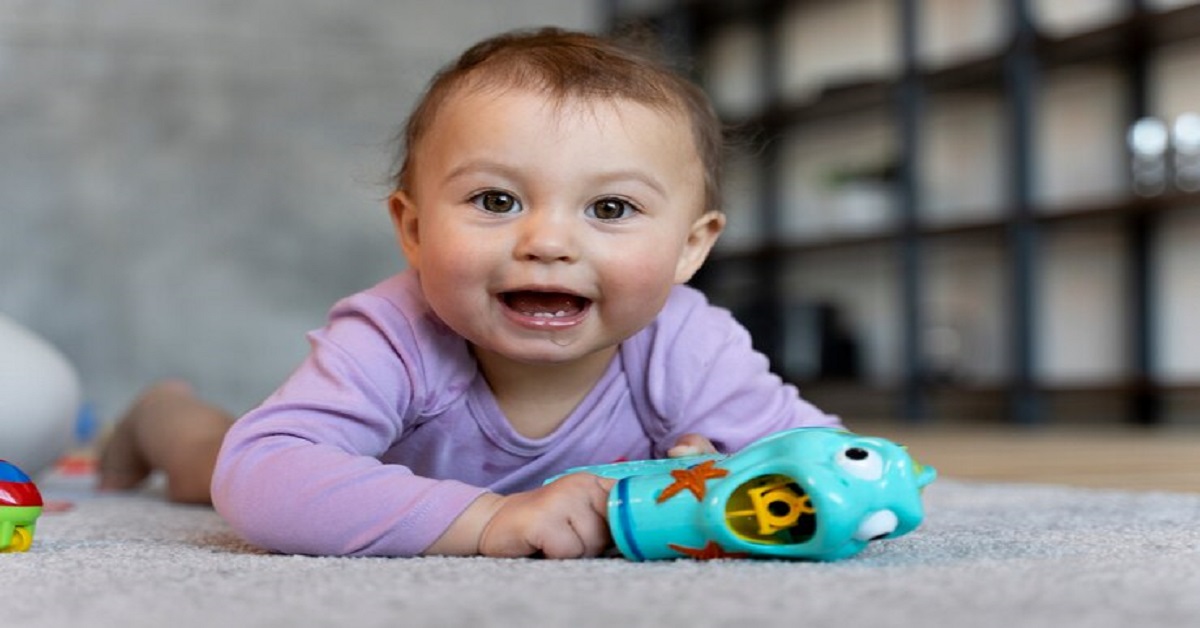Introduction
Bringing a baby into the world is an incredibly joyous and transformative experience, but it also comes with a myriad of responsibilities and challenges.
This guide aims to provide a detailed overview of essential aspects of baby care, including health, nutrition, development, and general well-being. By understanding these areas, parents can ensure they are providing the best possible start for their child’s life.
Infant Health and Wellness
Newborn Health Assessments
At birth, babies undergo several health assessments to ensure they are developing normally. This includes measurements of their weight, length, and head circumference. Newborns also receive initial screenings for common metabolic disorders, hearing tests, and vaccinations according to the pediatrician’s recommendations.
Common Health Concerns
Newborns are prone to various health issues, such as colic, jaundice, and respiratory infections. Colic, characterized by excessive crying, typically resolves on its own over time. Jaundice, a yellowing of the skin and eyes, is common in newborns and often clears up as the baby’s liver matures. Respiratory infections require prompt medical attention to prevent complications.
Immunizations
Vaccinations are critical in protecting infants from potentially serious diseases. The immunization schedule includes vaccines for diseases such as hepatitis B, diphtheria, tetanus, pertussis, polio, and more. Adhering to the vaccination schedule helps ensure your baby develops immunity against these diseases.
Feeding and Nutrition
Breastfeeding
Breastfeeding offers numerous benefits for both mother and baby. It provides essential nutrients and antibodies, supports healthy growth, and fosters bonding between mother and child. The American Academy of Pediatrics recommends exclusive breastfeeding for the first six months of life.
Formula Feeding
For mothers who are unable to breastfeed, infant formula is a nutritious alternative. There are various types of formula available, including cow’s milk-based and soy-based options. It is important to follow the preparation instructions carefully to ensure the formula is safe and nutritious for your baby.
Introduction of Solid Foods
Around six months of age, babies are ready to begin eating solid foods. Start with iron-rich cereals and pureed fruits and vegetables. Gradually introduce a variety of foods to ensure balanced nutrition and monitor for any allergic reactions.
Infant Sleep Patterns
Newborn Sleep Needs
Newborns sleep a lot, often 16 to 17 hours a day, but their sleep is usually broken into short periods. Establishing a sleep routine can help your baby develop better sleep patterns. Safe sleep practices, such as placing the baby on their back to sleep and using a firm mattress, are crucial for reducing the risk of Sudden Infant Death Syndrome (SIDS).
Sleep Training
As your baby grows, they will start to sleep for longer stretches. Sleep training methods can help your baby learn to fall asleep independently and develop consistent sleep patterns. Techniques vary from gentle methods that involve gradually reducing parental intervention to more structured approaches.
Baby Developmental Milestones
Physical Development
Infants go through several physical developmental milestones, including lifting their heads, rolling over, sitting up, crawling, and walking. These milestones vary from baby to baby, but regular check-ups with a pediatrician can help track your baby’s progress.
Cognitive and Emotional Development
Cognitive development includes the development of skills such as problem-solving and understanding cause and effect. Emotional development involves recognizing and expressing feelings. Engaging with your baby through play and interaction supports both cognitive and emotional growth.
Social Development
Social development includes learning to interact with others and understanding social cues. Babies start to show preferences for familiar people and can respond to social interactions with smiles and coos. As they grow, they learn to share and play with other children.
Safety and Environment
Baby-Proofing Your Home
Creating a safe environment for your baby involves baby-proofing your home. This includes securing furniture to the wall, covering electrical outlets, and ensuring small objects are out of reach. Safety gates can be useful for preventing access to stairs or other potentially dangerous areas.
Car Safety
Proper use of car seats is essential for keeping your baby safe while traveling. Ensure that the car seat is installed correctly and that your baby is securely fastened according to the seat’s instructions. Always follow local guidelines regarding car seat usage.
Parental Well-Being
Self-Care for Parents
Caring for a newborn can be overwhelming, and parents need to take care of their well-being. Ensuring you get adequate rest, maintaining a healthy diet, and seeking support from family and friends can help you manage the stresses of new parenthood.
Seeking Support
Don’t hesitate to seek support if you’re feeling overwhelmed or stressed. Parenting groups, counseling services, and online communities can provide valuable advice and emotional support. Your pediatrician can also offer guidance and resources for managing challenges.
Conclusion
Caring for a baby involves numerous responsibilities and decisions, but understanding the key aspects of infant health, nutrition, development, and safety can help parents navigate this exciting journey.
By staying informed and seeking support when needed, parents can provide a nurturing and healthy environment for their baby’s growth and development.
